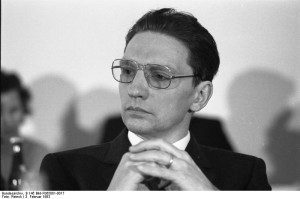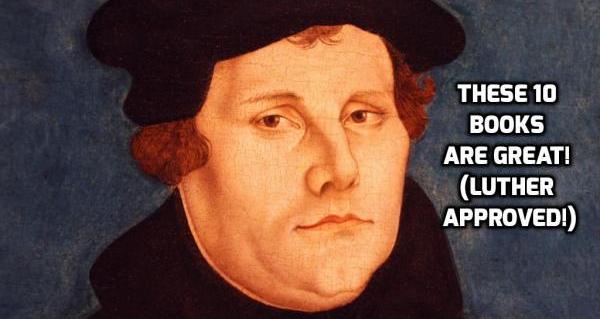In participation for my Christian Ethics class this semester, I read Wolfhart Panneberg’s (the late, great, German theologian) Ethics.

His introductory chapter, “Society and the Christian Faith,” is a interesting reflection on the uniquely political, even paradoxically political, nature of the Christian gospel. The kingdom announced by and enacted by Jesus, Pannenberg says, is one that is certainly political in content–though having a different shape than other dominant political expressions.
Much of the conundrums Christians and the church face now is due to our inability to grasp the paradoxical dynamic of the political nature of the kingdom of God. Our problems are also due to our inability to keep in mind the provisional nature of the church (and of the state) in relation to the kingdom of God and in the context of the complicated church-state dynamic. Here’s a segment from that chapter. Note: I’ve segmented one long paragraph into smaller chunks:
The Kingdom of God which the prophets promised and for which the Jews hoped is political in nature. It is the Kingdom of God, the Lordship of God himself, that will bring the final resolution of the task with which all political order is concerned, but on which all human forms of government are wrecked, the task of establishing peace and righteousness among mankind.
When Jesus announced that the Kingdom of God was near, and proclaimed its presence through performing his mission, it was this political hope that was at issue. This is often forgotten, but the political theology of our own day has rediscovered it and emphasized it.
This political Kingdom of God, however, became present in Jesus in a remarkably unpolitical manner. It did not bring about a reform or a revolution in the relationships of society, but it raised the question of the attitude of the individual toward God’s future, the coming of God’s rule. For and through the individual who already commits himself fully to God’s future, God’s rule has become present.
This is the basis for the respect accorded to the individual in the Christian religion and also for the distinctive position of the church toward the state. Both of these assume that human destiny is a political destiny that has not been realized in definitive form and that cannot be so realized through political action, through changes in the social order.
That is a conviction to which Christianity held fast even in its relationship to the Constantinian and post-Constantinian political order based on the Christian faith itself. Even a political order that is built on a Christian foundation is not the Kingdom of God. It remains provisional.
And for this reason the church maintains its independence even in relationship to a political order founded on Christian principles. The church, through its proclamation and by the fellowship of its worship, imparts even now to the individual the gift of participation in future salvation, the presence of the Kingdom of God, which has never attained definitive form in the political order, even though the expectation of God’s sovereign rule has political content. (Westminster, 1977, pp. 10-11)











